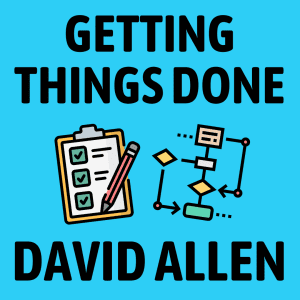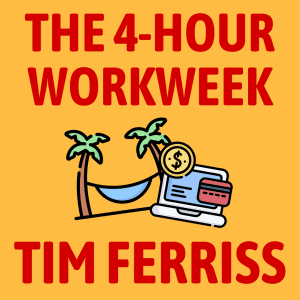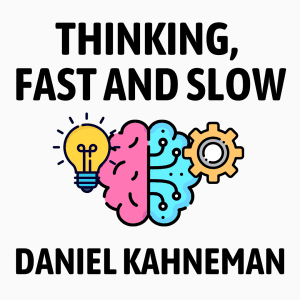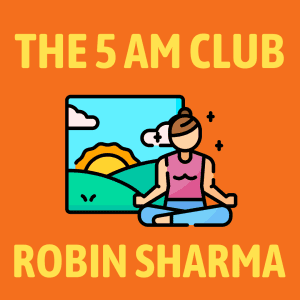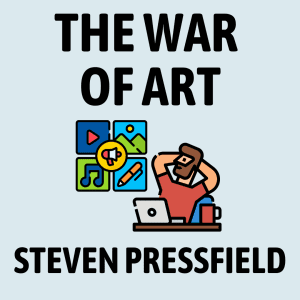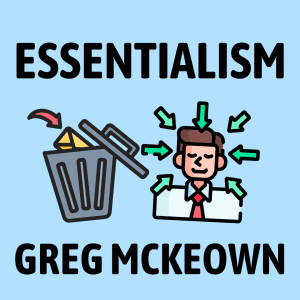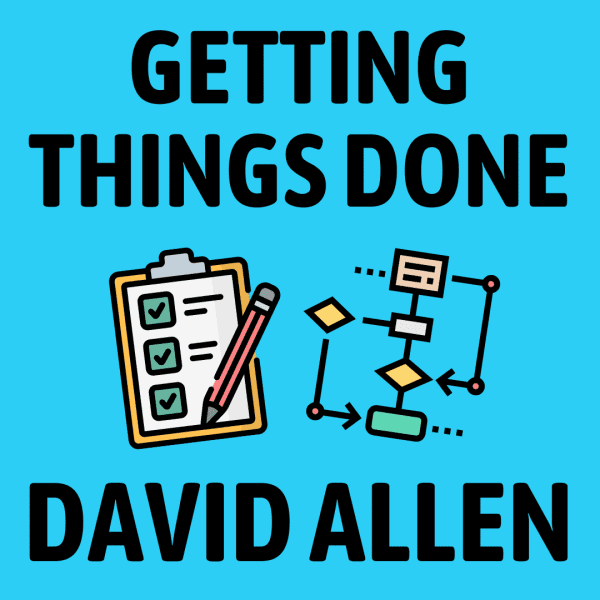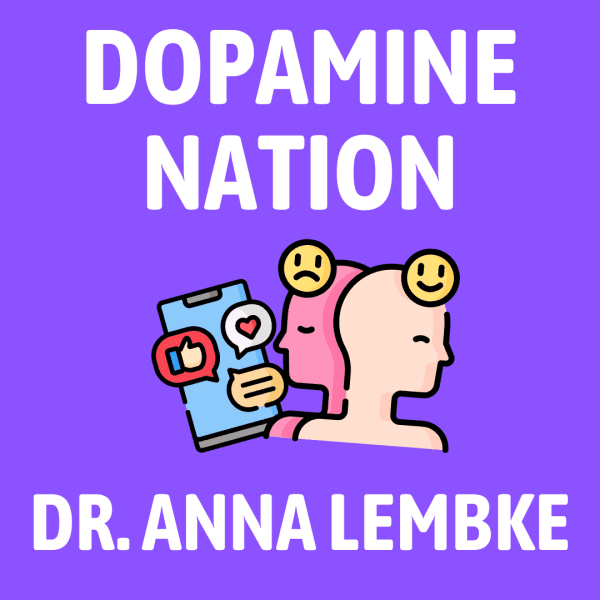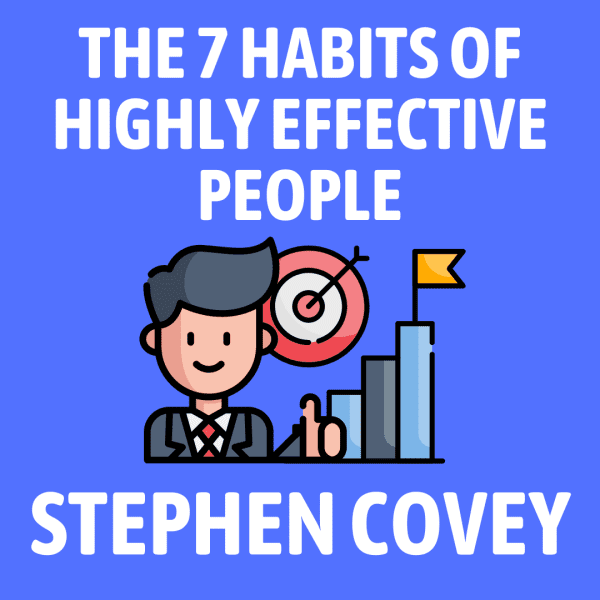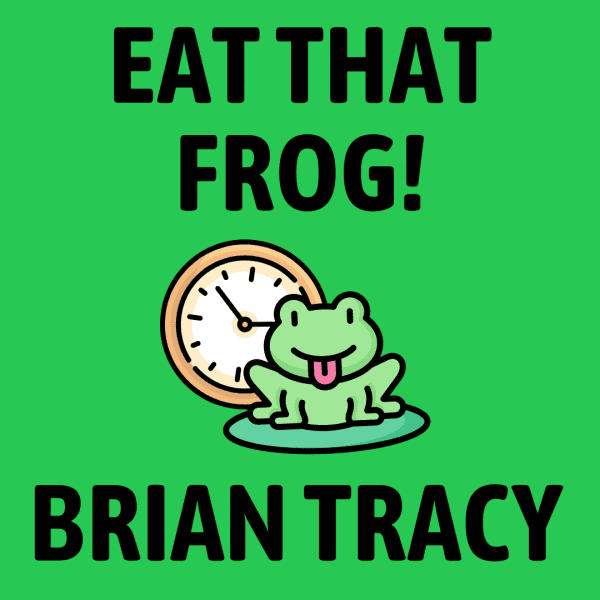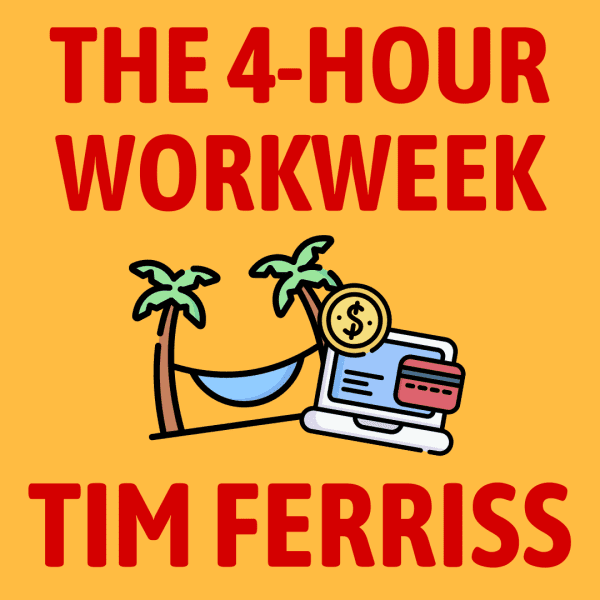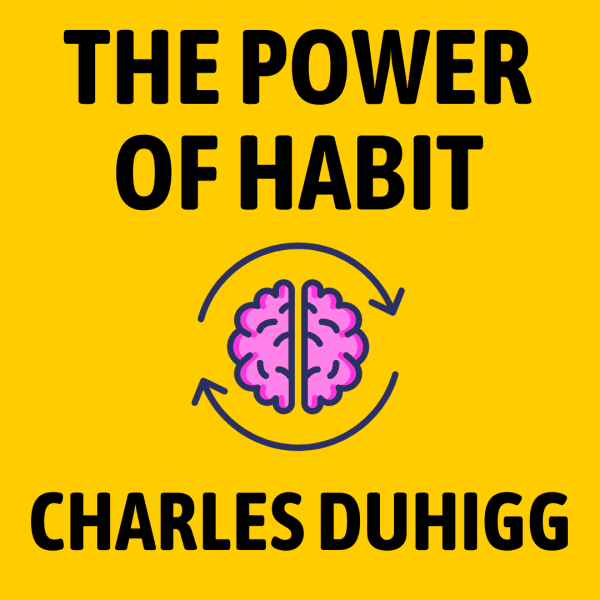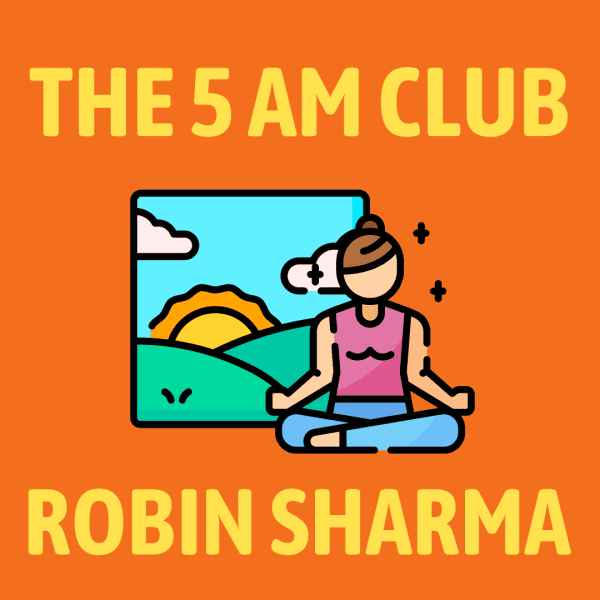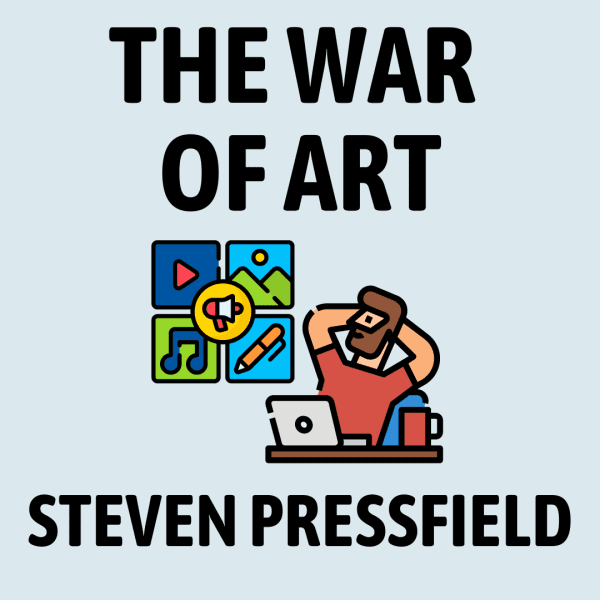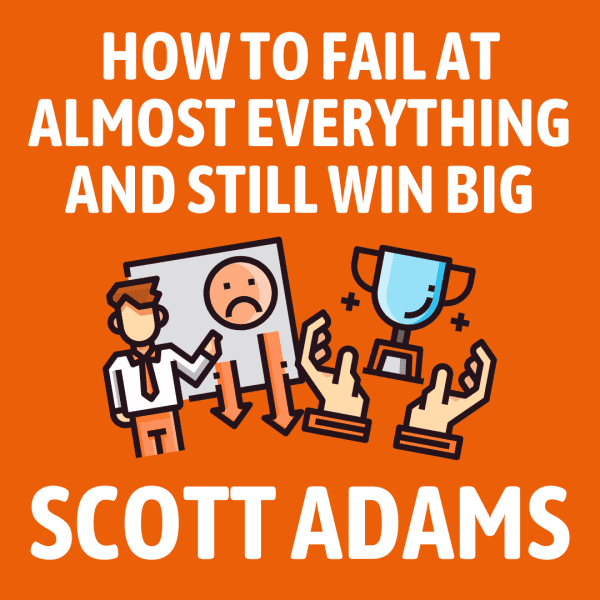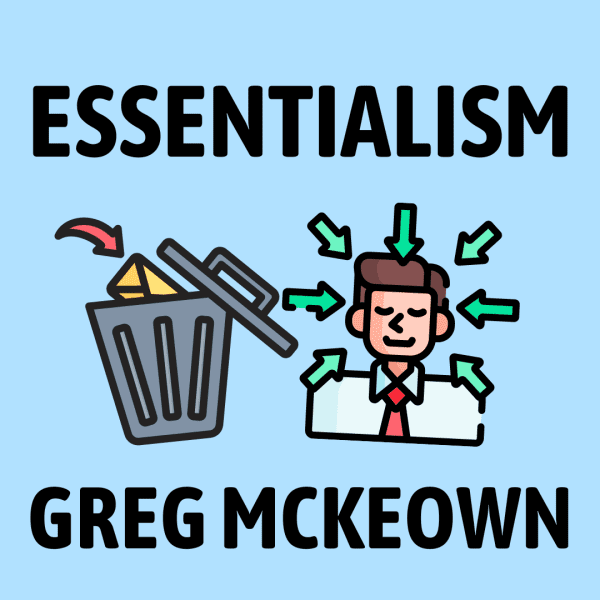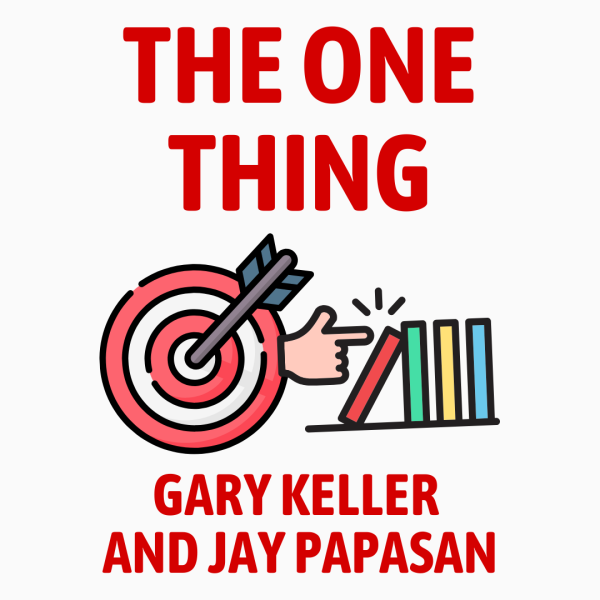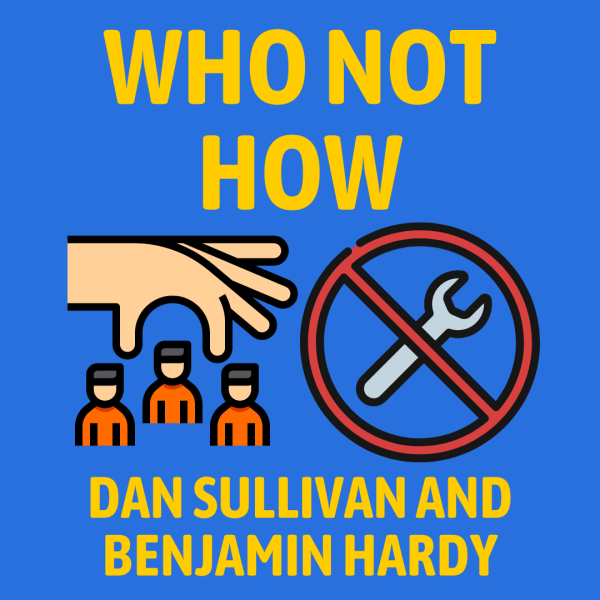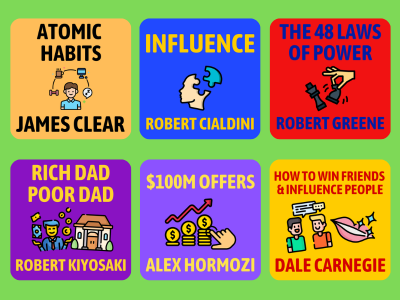Who Not How by Dan Sullivan and Benjamin Hardy teaches that success isn’t just about working harder—it’s about finding the right people to do things for you.
That means when you face a challenge, instead of asking, “How do I solve this?” you should ask, “Who can help me solve this?”
Why read it?
You should read this because you’re doing way too much, and it’s slowing you down.
Seriously—Who Not How is like a slap in the face (in the best way) for anyone who thinks “working harder” is the answer.
If you’ve ever tried to do everything yourself—build the business, write the emails, fix the printer, make the coffee—this book will hit you like a revelation.
It’s not about being the hero; it’s about finding your Whos—the people who can do what you suck at (or just don’t want to do).
You’ll finally understand how to grow faster, stress less, and stop being the bottleneck in your own life.
Read this if you’re ready to get out of your own way—and maybe finally take a real weekend off.



